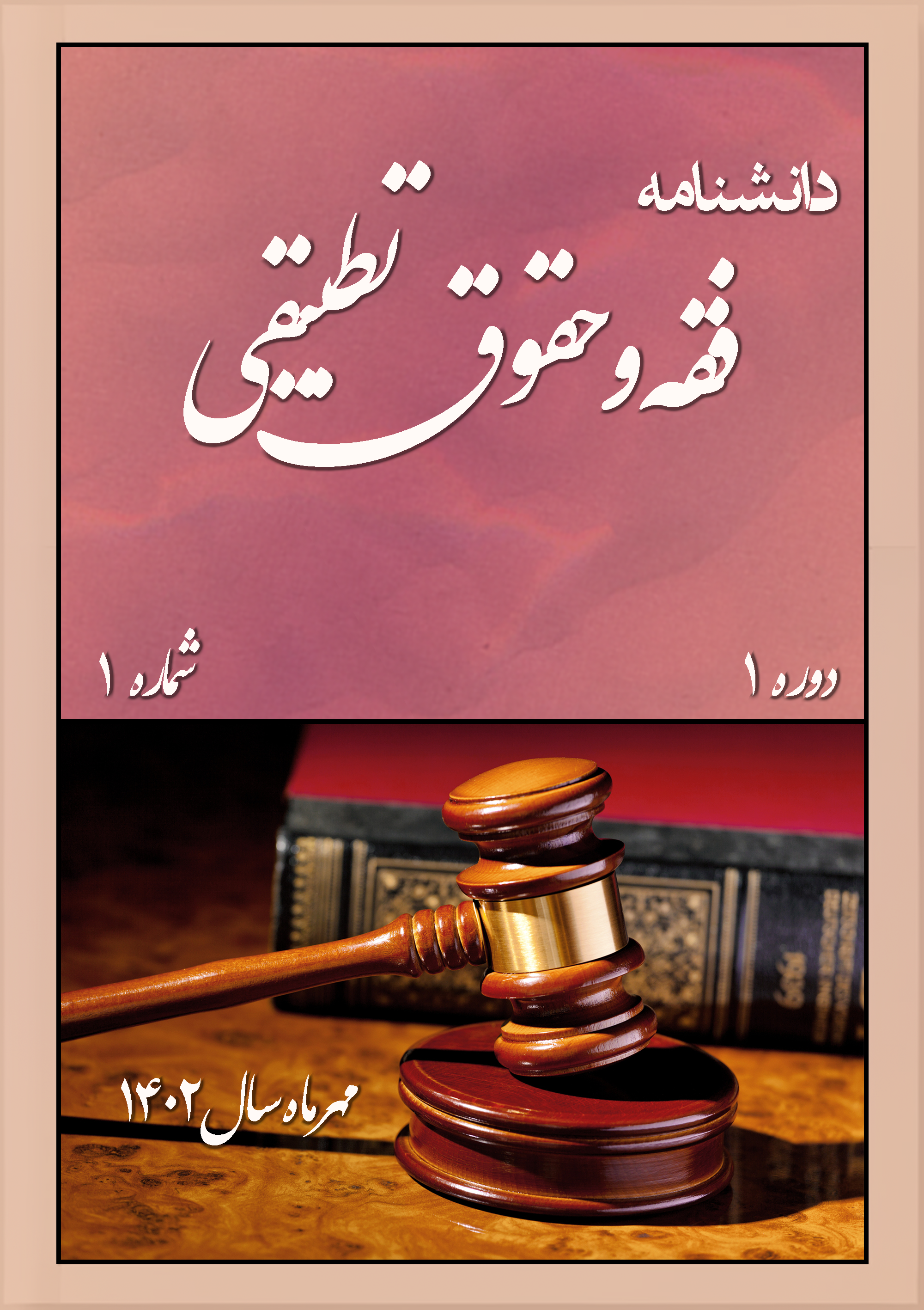تحلیل تطبیقی حقوق خانواده در اسلام و حقوق بینالملل با استفاده از نظریات امیل دورکیم و امام محمد غزالی
کلمات کلیدی:
حقوق خانواده, اسلام, حقوق بینالملل, امیل دورکیم, امام محمد غزالی, تحلیل تطبیقی, انسجام اجتماعی, عدالت, محبتچکیده
این مقاله به تحلیل تطبیقی حقوق خانواده در اسلام و حقوق بینالملل با استفاده از نظریات امیل دورکیم و امام محمد غزالی میپردازد. هدف از این تحقیق، بررسی نقاط قوت و ضعف هر یک از این دو نظام حقوقی و ارائه راهکارهای بهبود وضعیت حقوق خانواده است. در بخشهای مختلف مقاله، مبانی نظری و مفاهیم حقوق خانواده در اسلام و حقوق بینالملل بررسی شده و مقایسهای جامع بین حقوق زوجین، کودکان، و والدین و فرزندان در این دو نظام حقوقی ارائه شده است. نظریات دورکیم و غزالی به عنوان چارچوب نظری این تحقیق استفاده شده و تحلیل تطبیقی حقوق خانواده با استفاده از این نظریات صورت گرفته است. نتایج تحقیق نشان میدهد که هر دو نظام حقوقی به اهمیت خانواده و نقش آن در حفظ انسجام اجتماعی توجه دارند، اما رویکردهای متفاوتی در تنظیم حقوق و وظایف اعضای خانواده دارند. همچنین، پیشنهاداتی برای بهبود وضعیت حقوق خانواده و توسعه تحقیقات آتی ارائه شده است. این تحقیق میتواند به عنوان مرجعی برای قانونگذاران، دانشگاهیان و فعالان اجتماعی در زمینه بهبود حقوق خانواده مورد استفاده قرار گیرد.










